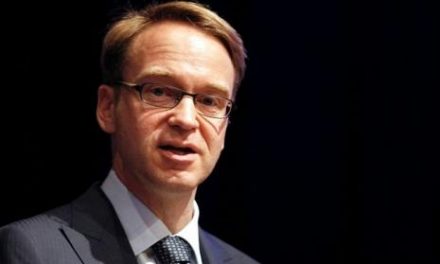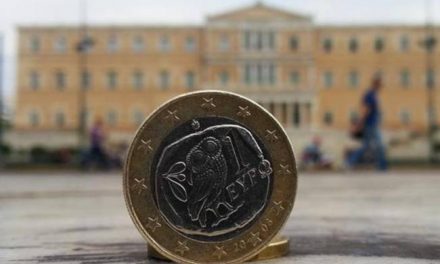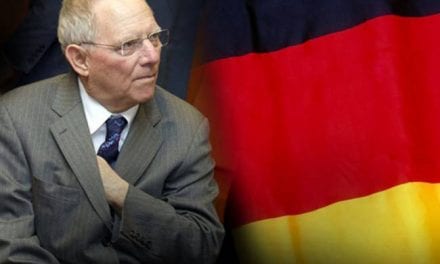Largest such programme in global financial history had aimed at preventing debt crisis from spreading through the eurozone
By Helena Smith, The Guardian
Greek officials have told the International Monetary Fund (IMF) that the debt-stricken country can quit its multibillion-dollar rescue programme more than a year early after meeting the body’s managing director in Washington on Sunday.
Greece’s finance minister, Gikas Hardouvelis, argued in talks with the IMF boss, Christine Lagarde, that Athens can do without further loans from the Washington-based lender of last resort. Emergency bailout funds have propped up the Greek economy since it came close to crashing on a mountain of deficit and debt in 2010.
“Not only do we not need a new memorandum [loan agreement],” said prime minister Antonis Samaras, addressing parliament hours before his government survived a crucial vote of confidence early on Saturday. “We don’t need the rest of the money that from the start of next year we were on course to get from the current memorandum. We can leave it one and a half years earlier … that is our goal.”
Funding from the IMF had been due to expire in March 2016, while funds from the eurozone end this year. At €240bn (£188bn), the lifeline was the largest rescue programme in global financial history and was aimed at preventing the debt crisis that affected Athens from spreading to the rest of the eurozone.
Samaras denies that Greece wants an acrimonious break from the IMF. The organisation, perhaps more than the EU, has insisted on tough reforms and austerity measures in return for the rescue funds. These have exacerbated a six-year recession, the worst on record, left a quarter of the workforce unemployed, and seen support for Samaras’s fragile coalition plummet.
Hardouvelis, who met Lagarde with his predecessor, the governor of the Bank of Greece, Yannis Stournaras, is thought to have presented a plan detailing the country’s ability to cover its financing needs from bond markets. But the IMF chief has already signalled that she does not share such confidence. Although the IMF is also keen to disengage from the programme – and is under pressure from member states to focus on countries in the developing world – Greece is faced with a financing gap of about €15bn next year.
Last week, Lagarde said she believed Athens would continue to require aid before it could go it alone. “The country would be, in our view, in a better position if it had precautionary support,” she said. “So we are talking about evolution in the relationship. But we believe that the relationship can still be extremely helpful for the country to move on.”
In a statement issued after Sunday’s meeting the IMF said: “Ms Lagarde commended the authorities for the significant improvement in Greece’s fiscal position and encouraged them to implement decisively key structural reforms in line with programme commitments.”
The European Central Bank chairman, Mario Draghi, said Greece had to remain under supervision for the junk-rated asset-backed securities of Greek banks to be eligible for the ABS purchase programme.
Expressing similar unease, a senior EU official in Brussels was quoted at the weekend as likening Greece to “a patient who was smoking three packets of cigarettes a day, drinking two bottles of whisky, and eating eight hot dogs,” when the crisis erupted.
Samaras, who faces an increasingly popular anti-bailout opposition in the form of the radical left Syriza party, is not only fearful of the strings attached to further aid but of political turmoil. Syriza has threatened to block the election of a new president early next year by opposing the government’s candidate. Investors fearing prolonged political instability have recently sent yields on Greek bonds soaring, making an exit from the bailout appear more urgent for the government.



















